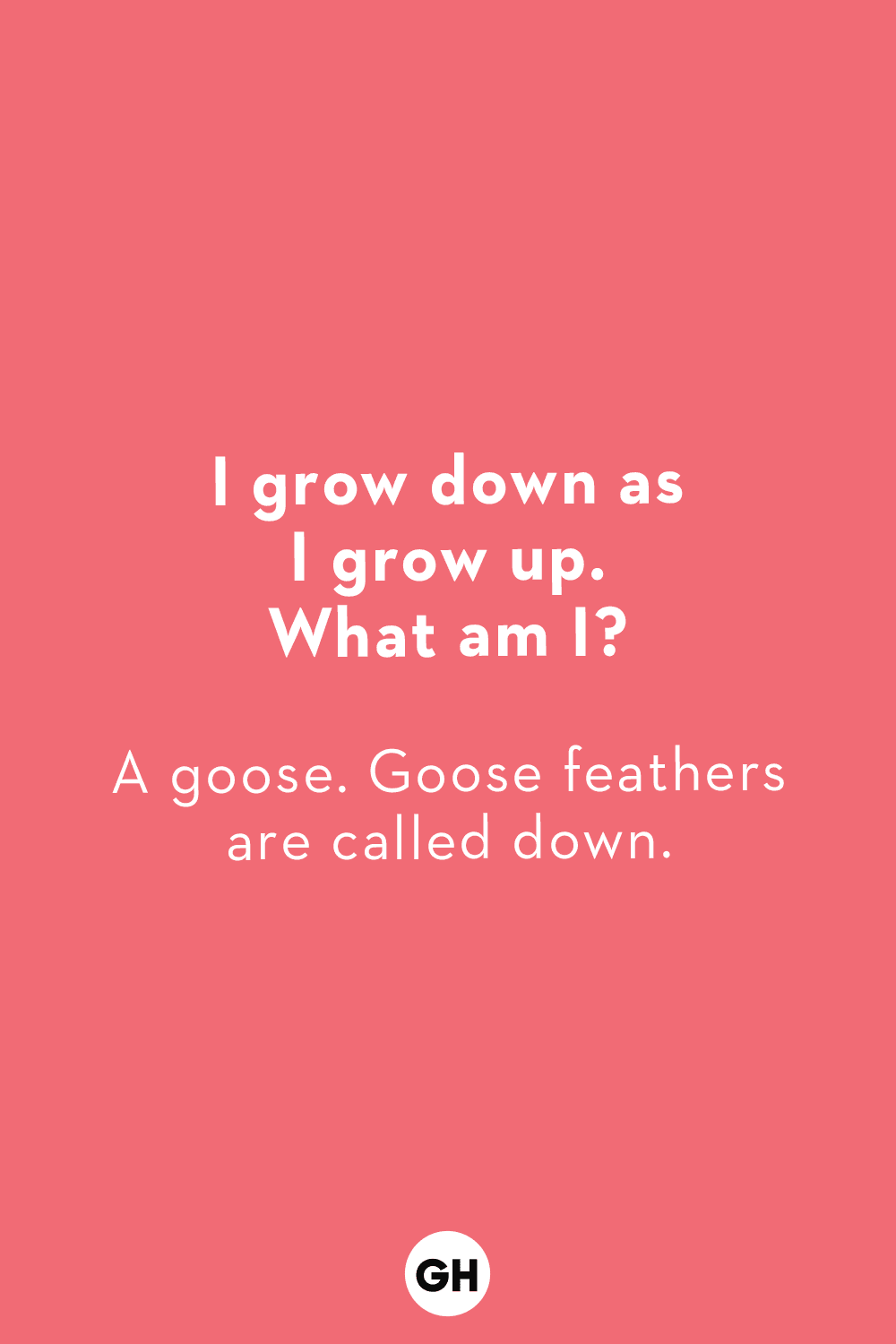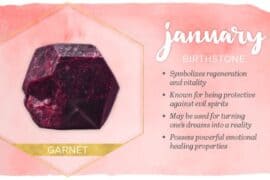Fun and Educational: Discover the Best Riddles for Kids
Welcome to our treasure trove of giggles and brain teasers! If you’re a parent looking for a delightful way to challenge your little ones’ minds and sprinkle their day with laughter, you’ve come to the right place. ?
Why Riddles?
Riddles are more than just playful banter; they are a fantastic tool for brain development in children. They encourage critical thinking, improve vocabulary, and teach problem-solving skills in a way that’s both enjoyable and engaging. Plus, they’re a wonderful way to spend family time, creating memories that last a lifetime! ?
Finding the Right Riddle for Every Age
As a parent, knowing which riddles are age-appropriate is key. You wouldn’t want to frustrate your toddler with a riddle designed for a ten-year-old, right? That’s why our guide is brimming with riddles tailored for different age groups, ensuring every child gets to experience the thrill of solving them. ?
Easy Riddles to Get Started
Ready to dive in? Let’s warm up with some easy riddles that are perfect for younger minds. These riddles help children understand the concept of a brain teaser and enjoy the revelation of a witty answer. Watch their eyes light up as they shout, “Aha!” ?
- What has to be broken before you can use it? (An egg!)
- I’m tall when I’m young, and I’m short when I’m old. What am I? (A candle!)
- What has a neck but no head? (A bottle!)
Improving Language Skills with Riddles
Riddles are a splendid way to expand your child’s vocabulary and comprehension. They often involve plays on words, encouraging youngsters to look beyond the obvious and explore language in new, creative ways. It’s like a verbal puzzle, and who doesn’t love puzzles? ?

5 Things Parents Should Know in Preparing for Riddles for Kids
Embrace the art of riddle time with your children by keeping these key preparation tips in mind:
- Choose Adjustable Difficulty Levels: Select riddles that cater to your child’s age and cognitive abilities. Start with simpler riddles for younger kids and gradually introduce more complex ones as they grow.
- Create an Encouraging Environment: Celebrate attempts and solutions alike. Encouragement will make your child more eager to engage in problem-solving, without the fear of making mistakes.
- Be Patient: Give children time to think and come up with answers. Resist the urge to jump in too quickly with solutions, as the thinking process is just as important as the answer.
- Use Riddles as Learning Tools: Riddles can be used to reinforce lessons from school or introduce new concepts in a fun way. Use them to connect playtime with learning.
- Encourage Creativity: After solving riddles, ask your child to come up with their own. This not only reinforces what they’ve learned but also sparks creativity and pride in their creations.
Riddles for Budding Detectives
Got a little Sherlock Holmes at home? Here are some mystery-filled riddles that will put their detective skills to the test:
- I speak without a mouth and hear without ears. I have no body, but I come alive with the wind. What am I? (An echo!)
- You see a boat filled with people. It has not sunk, but when you look again, you don’t see a single person on the boat. Why? (All the people were married!)
- The more you take, the more you leave behind. What am I? (Footsteps!)
Mind-Bending Math Riddles for Aspiring Geniuses
Math can be a blast when presented as a challenge. Here are riddles to make numbers fun for your aspiring genius:
- I am an odd number. Take away one letter and I become even. What number am I? (Seven!)
- If two’s company, and three’s a crowd, what are four and five? (Nine!)
- What three numbers, none of which is zero, give the same result whether they’re added or multiplied? (One, two, and three!)
Riddles Around the World: Cultural Brain Teasers
Travel the globe with these cultural brain teasers that offer a peek into the wisdom and humor of different cultures:
- Long and slim, red within, with a nail at the end. What is it? (A chili pepper – a riddle from India!)
- This thing all things devours: Birds, beasts, trees, flowers; Gnaws iron, bites steel; Grinds hard stones to meal; Slays king, ruins town, And beats high mountain down. What is it? (Time – a classic from ‘The Hobbit’ by J.R.R. Tolkien!)
- I am light as a feather, but even the world’s strongest man couldn’t hold me for much longer than a minute. What am I? (Breath – a riddle from China!)
Creating Your Own Riddles with Kids
Co-creating riddles with your kids can be an excellent way to bond and let their imaginations run wild:
- Guide them to think of an object, animal, or concept.
- Encourage them to come up with describing words that give clues without revealing the answer outright.
- Work with them to phrase these clues in a playful or cryptic way to challenge the solver.
Lights, camera, action! Who’s ready to play the riddle game?
Join the Riddle Community!
We’d love to hear which riddles have tickled your family’s funny bone and challenged those little gray cells. Share your experiences and your kids’ favorite riddles in the comments below, and let’s continue to build a community that values laughter, learning, and the love of riddles!
For more great fun click here. For more information see here
Disclaimer
The articles available via our website provide general information only and we strongly urge readers to exercise caution and conduct their own thorough research and fact-checking. The information presented should not be taken as absolute truth, and, to the maximum extent permitted by law, we will not be held liable for any inaccuracies or errors in the content. It is essential for individuals to independently verify and validate the information before making any decisions or taking any actions based on the articles.




